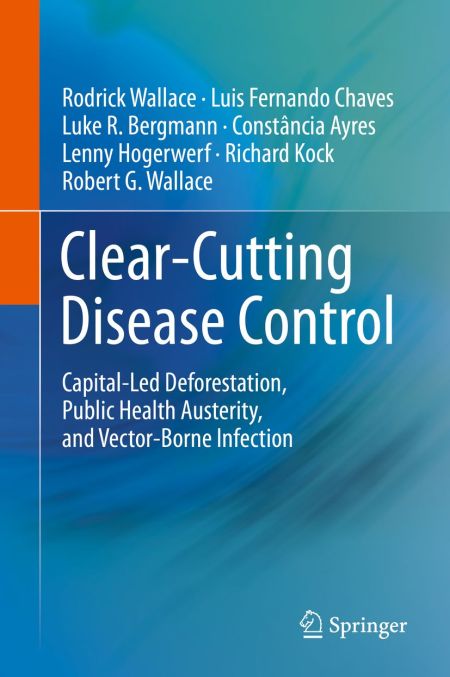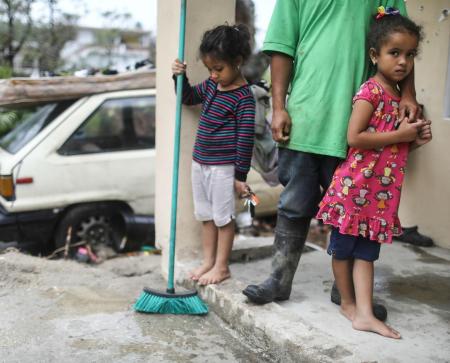 The final proofs have been edited. The website is approaching the landing page. The guerrilleros are amassing along the capital’s limits. Our new book, at 68 pages, as one co-author put it, packs a punch of a 300-page heavyweight. It is dense with critical insight.
The final proofs have been edited. The website is approaching the landing page. The guerrilleros are amassing along the capital’s limits. Our new book, at 68 pages, as one co-author put it, packs a punch of a 300-page heavyweight. It is dense with critical insight.
If by the scope of our analysis alone, we offer some of the more cutting-edge modeling for vector-borne diseases such as Zika and malaria. We connect a series of pathogen-vector systems of Itô stochastic differential equations to the political economies of deforestation and neoliberal austerity.
As infectious diseases in an age of nation states and global health programs cannot, as much of the present modeling literature presumes, be described by interacting populations of host, vector, and pathogen alone, we also offer a series of control theory models. These models, useful to researchers and health officials alike, explicitly address interactions between government ministries and the pathogens they aim to control.
The new modeling also bites back. We criticize cost effectiveness analyses and the agricultural concept of endemic stability, key moments in modeling disease interventions, as part and parcel of an ethics of economism organized around minimizing state health expenditures. We ask whether along the way these scientific models help undercut global disease control in such a way as to protect corporate bottom lines.
The book is due out April 2018. You can pre-order a copy here.
For those who don’t have the cheddar to cover the cost of a book from an academic publisher, we recommend you ask your library to order it. Or you might order a MyCopy print-on-demand for $25 through your local research institution or library.


 In embracing Prometheus,
In embracing Prometheus,  Perses, lay up these things in your heart, and do not let that Strife who delights in mischief hold your heart back from work, while you peep and peer and listen to the wrangles of the court-house. –Hesiod (700 BC)
Perses, lay up these things in your heart, and do not let that Strife who delights in mischief hold your heart back from work, while you peep and peer and listen to the wrangles of the court-house. –Hesiod (700 BC) The door refused to open. It said, “Five cents, please.” –Philip K. Dick (1969)
The door refused to open. It said, “Five cents, please.” –Philip K. Dick (1969) Every once in a while, we have to take a stab at putting all the pieces together. In some ways these ten theses on farming and disease only touch on what I, and others, have been saying all along. But there’s a growing understanding of the functional relationships health, food justice, and the environment share. They’re not just ticks on a checklist of good things capitalism shits on. Falsifying
Every once in a while, we have to take a stab at putting all the pieces together. In some ways these ten theses on farming and disease only touch on what I, and others, have been saying all along. But there’s a growing understanding of the functional relationships health, food justice, and the environment share. They’re not just ticks on a checklist of good things capitalism shits on. Falsifying  Here’s
Here’s  They lived like monkeys still, while their new god powers lay around them in the weeds. ― Kim Stanley Robinson, Red Mars
They lived like monkeys still, while their new god powers lay around them in the weeds. ― Kim Stanley Robinson, Red Mars One can’t help but cheer the
One can’t help but cheer the 
